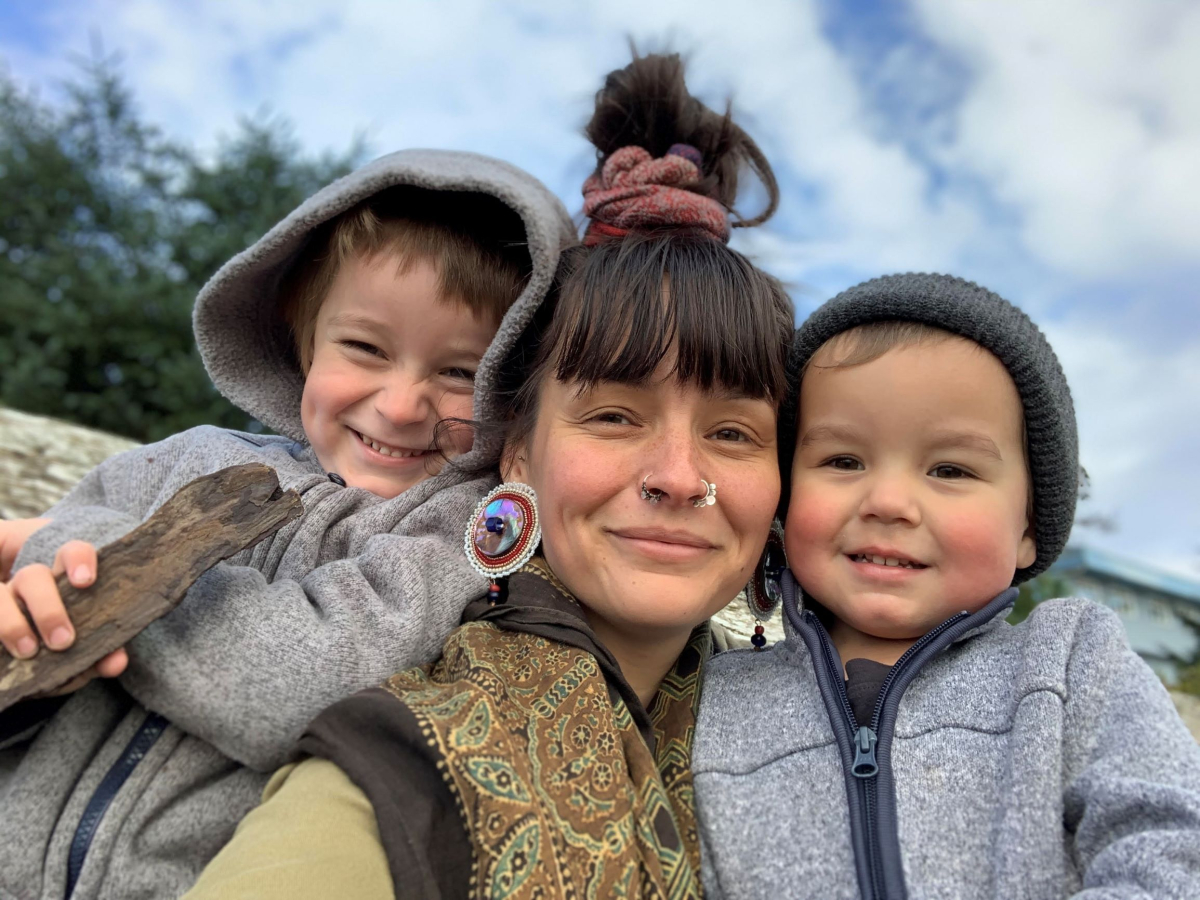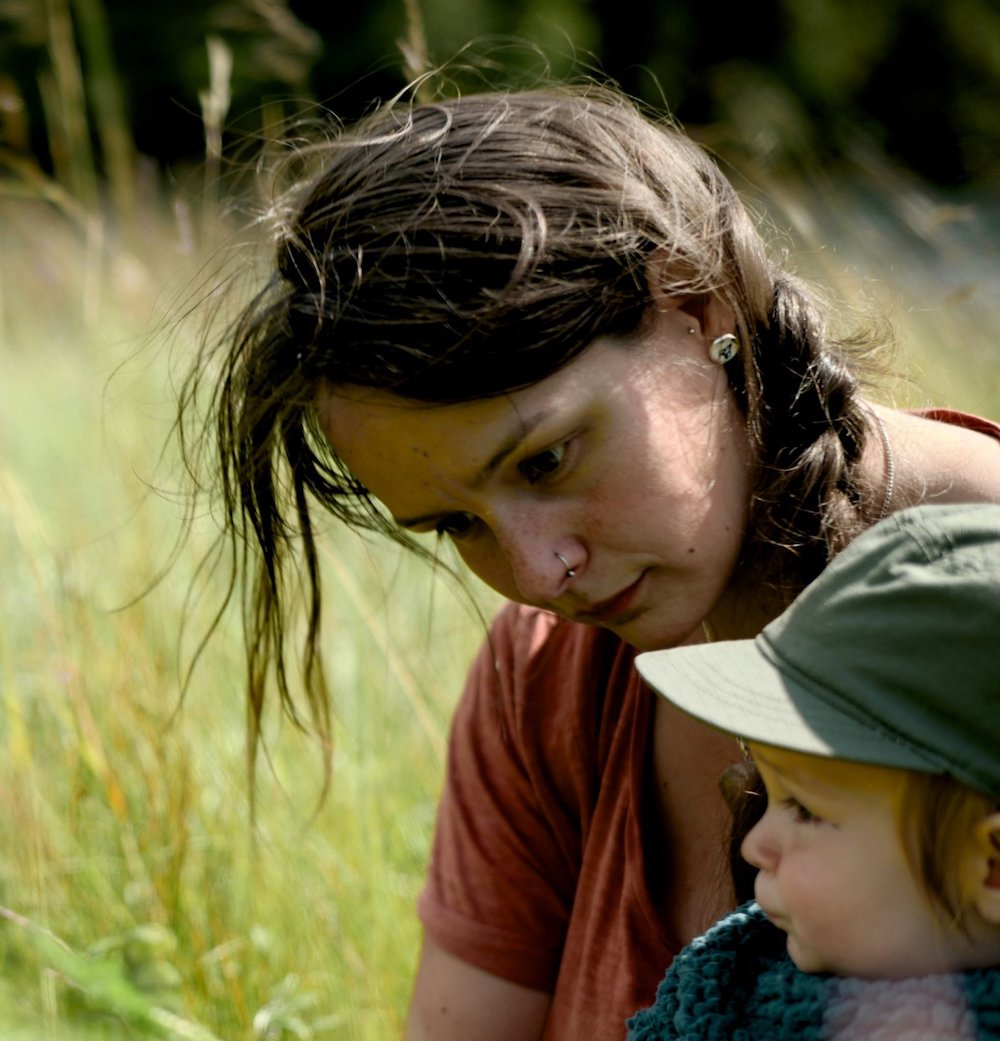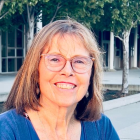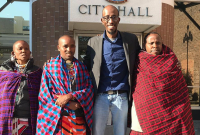Support strong Canadian climate journalism for 2025
As part of a series highlighting the work of young people in addressing the climate crisis, writer Patricia Lane interviews Heiltsuk activist 'Cúagilákv (Jess Housty).
The 1990s were personally tough for me. I spent the decade immersed in action based on climate catastrophe science, trying, and by all accounts failing, to stem the tide. Hardest of all, death and dementia came to my family.
As my awareness deepened about the growing divide between young and old and rich and poor, grief had become a pretty constant companion. I could choose to go further into the abyss of fear and loss or choose the only thing stronger: love. To choose love is to hope. But I had forgotten how. So I made a resolution — one that could last a year or even a decade if need be. I chose to study hope.
Part of my journey is to seek out promising young people who are contending in evidence-based and impactful ways with the climate crisis and engage them in conversations about hope. I am grateful for Canada’s National Observer’s commitment to solutions journalism, which provides these determined, joyful and, yes, hopeful young people a voice.
'Cúagilákv (Jess Housty) is a 34-year-old Haíɫzaqv (Heiltsuk) change-maker who is helping her people in Bella Bella, B.C., bring back food security and self-reliance in the face of damage inflicted by colonization.
Tell us about some of your work.
My sense of purpose comes from my community. In 2012, I left university to focus on the fight against Enbridge’s Northern Gateway pipeline proposal. Since then, I’ve served on my nation’s elected tribal council and was the Heiltsuk incident commander during the Nathan E. Stewart oil spill.
I also co-established an Indigenous Knowledge, Science and Resource Management Field School, and support the re-emergence of food security through ancestral gardening practices. I currently run a community non-profit focused on youth programming.
What are the values with which you were raised that guide you?
My family and community taught me that I’m part of a culture and knowledge system that have thrived for millennia because they are perfectly adapted to the world around us. Our identity is inseparable from our lands and waters, and protecting them is a sacred obligation to return the care they show to us. This often pits us against extractive industries and western values, but it’s who we are.

Can you give us an example of the differences?
We understand the plants and animals that share these lands and waters as non-human kin who exist within their own hierarchies and systems of law and governance. This provides structure to our relationships with the world around us.
For example, western society might see a hḷ́x̌ʔínúx̌v (orca) as a majestic animal, but we understand the hḷ́x̌ʔínúx̌v as a spiritual being that accompanies Qvúmúgva, the chief of the kingdom under the sea. For me, the hḷ́x̌ʔínúx̌v is more than an apex predator or breath-taking sight. It’s a signifier of a marine society that requires respect and reciprocity and humbles me when I’m in that sovereign space.
How is your nation working to protect its worldview?
The Heiltsuk Oceans Act, envisioned as the first piece of legislation to fall under our developing Heiltsuk constitution, will reflect our responsibility to care for the ocean and our ocean relatives. It will set our expectations for how fisheries and other marine activities will be carried out in our waters.
Those who conduct work in our territory are required to seek Heiltsuk approval to ensure their values are aligned with our laws. These kinds of processes and Heiltsuk legislation are new tools to empower us to protect our territory.
On Oct. 13, 2016, the American-owned tug Nathan E. Stewart sank after the watchperson fell asleep. It spilled over 100,000 litres of diesel and pollutants into Gale Pass, an important Heiltsuk food harvesting and cultural site. Tell us about your role in that event.
I was the Heiltsuk incident commander during much of the six-week emergency phase. We had to fight to ensure the deep local knowledge of Heiltsuk responders was respected, from marine conditions to sacred cultural sites. We started work before dawn and continued past nightfall. We watched hundreds of non-local responders cycle through relief shifts while we had no choice but to keep working. They brought a professional detachment to their work that does not exist for Heiltsuk people; we responded to that spill from a place of deep attachment to our homelands.
Our laws and values invested us fully in that work because homelands and non-human kin were in the balance. I struggled every day knowing that my ancestors had cared for our territory for millennia, yet this incident was unfolding on my watch. The impacts of that traumatic time still linger in the form of depression and PTSD, but embracing the insights and lessons from that time is part of how I'm shifting the framework of my story from one of trauma to one of resilience.

Has the pandemic changed your work?
When our colonial food supply chains began to feel tenuous, interest in the work we were doing to improve the resiliency of our existing food systems increased significantly. It built explicit connections between food security and mental health.
We asked people what they needed. We built a greenhouse, dropped supplies at people’s homes and delivered tutorials on social media and Heiltsuk Radio. We shifted the focus to the power of local self-reliance. Now a third of our community is established in growing food, and another third is beginning the journey.
What advice do you have for younger people?
We are the descendants of survivors. It’s important for us to root ourselves in that ancestral strength. I’m confident in the vision of our young ones: our future successes are in their hearts and hands, and they’re dreaming an incredible future into being.
Any advice to older people?
Trust the leadership of youth. Practice saying: “That sounds wonderful. How can I help?”






Comments